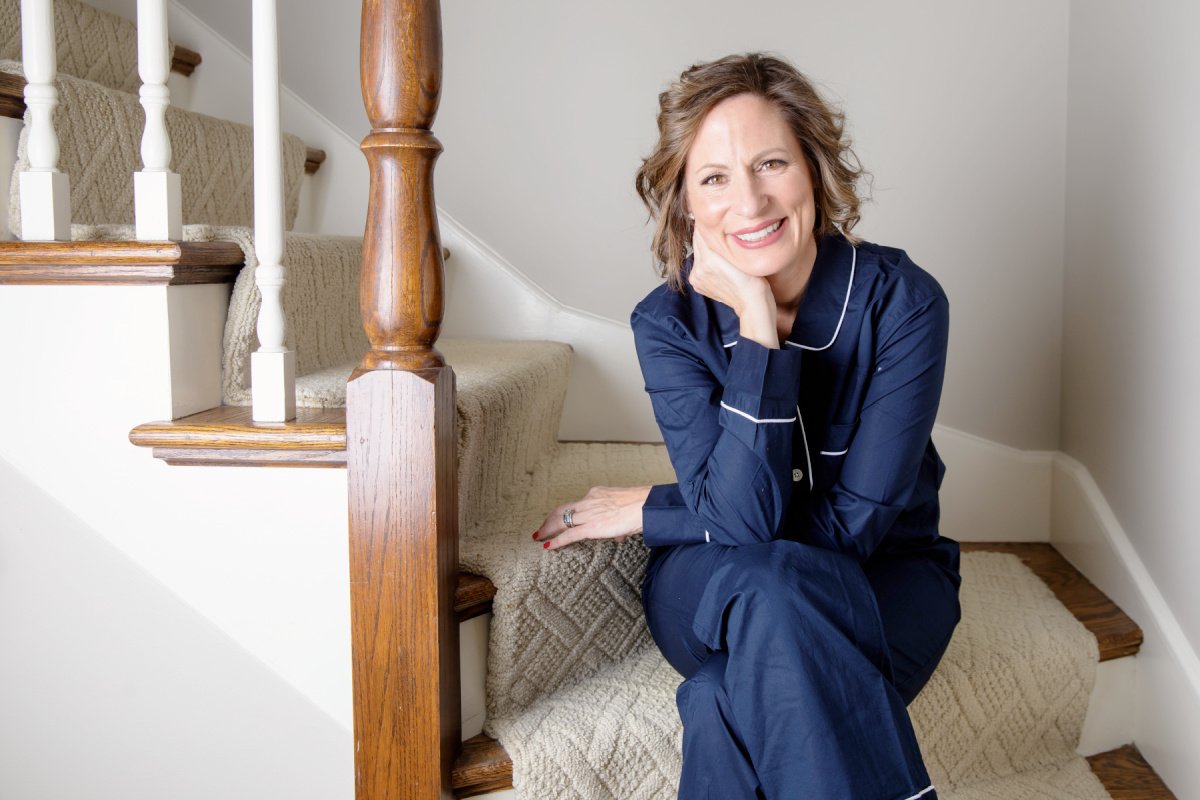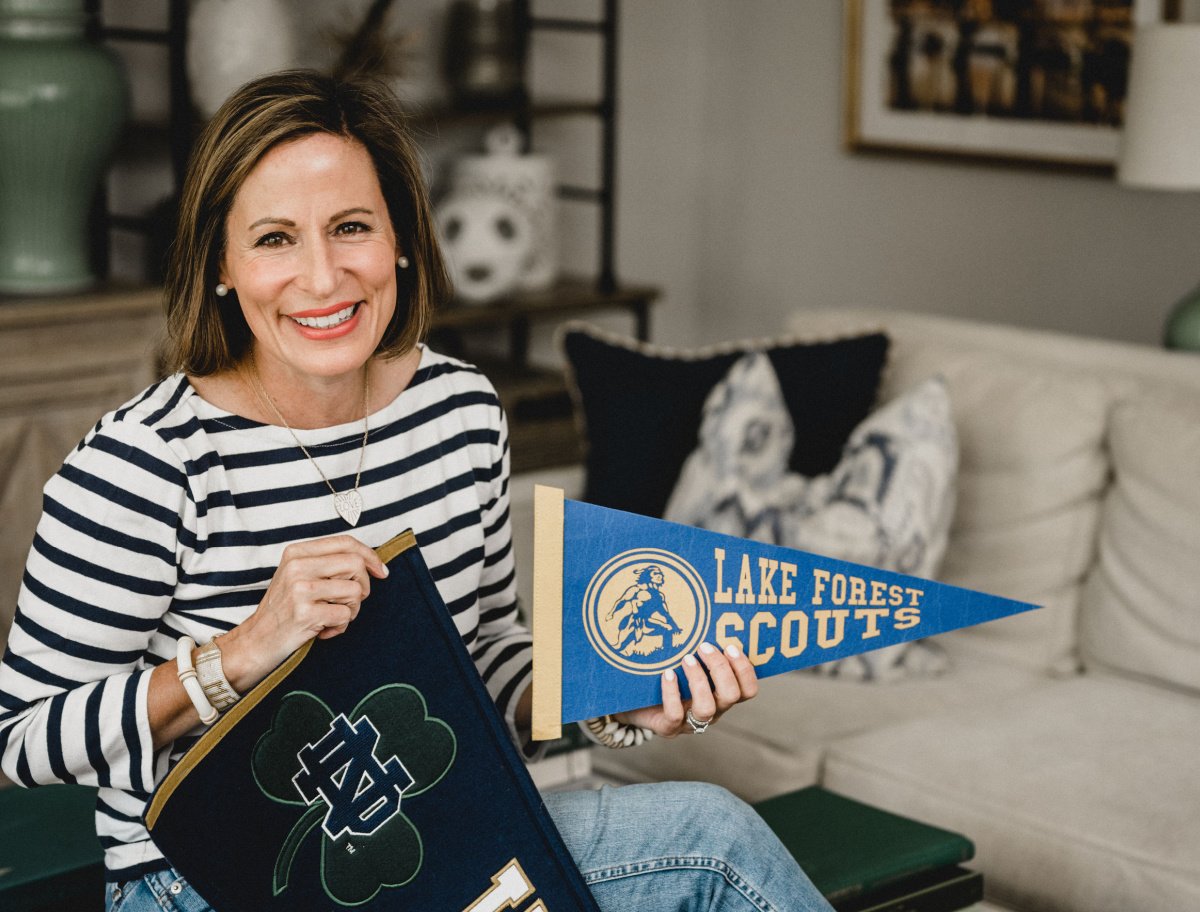
These last few months have taken a toll on my sleep! I thought maybe it was just me (and our crummy old mattress), but when I started asking my friends if they had any tips for sleeping soundly, I learned that there were a bunch of us in the same boat.
So I did what I always do when I have a “girly” health question and reached out to my friend Dr. Therese Hughes, an obstetrician and gynecologist with the NorthShore University Health System. In addition to being one of the kindest people I know, she is an enormous advocate for women’s health. After I described that I thought the pandemic was messing with how I was sleeping, she suggested I talk with her colleague Dr. Claire Kenneally, a Winnetka internist, as well as a sleep specialist with the Chicago Sleep Center.
When I explained to Dr. Kenneally that I was having trouble falling asleep–and then staying asleep–she wasn’t at all surprised.

“What people don’t often understand is that what happens during your day can impact how you sleep at night,” Dr. Kenneally says. “When your routine is totally off, [the way most of ours have been during this pandemic], your sleep will be, too.”
This was such an a-ha moment for me because I remember when I was sleep-training my children, my pediatrician would say the same thing. If the baby had a rough day, he or she (and me!) was probably in for a rough night. We are creatures of habit who need some form of routine. With so many people having to work from home, oversee e-learning, make their houses their home bases for EVERYTHING-routines have been thrown up in the air.
Dr. Kenneally said that when patients come to see her, the first thing she often does is a behavioral intake.
“Most cases of insomnia are driven by daytime behaviors,” she explains. “Often times when we tweak these behaviors, the sleep issues fix themselves. I don’t have to resort to prescribing medicine.”
Dr. Kenneally then answered the biggest questions I had about improving sleep.
AMOTS: What are some tips we can try at home to sleep better?
Dr. Kenneally:
- Keep your bed only for sleep. Don’t work in it. Don’t read in it. Don’t watch TV…just sleep!
- No napping. As tempting as it might be to take a quick snooze when you’re feeling tired, don’t do it! Napping can perpetuate a bad sleeping cycle.
- Stick to a consistent schedule for going to bed and waking up.
- Avoid bright light and make your bedroom dark.
- Implement a wind-down period about 90 minutes before you turn in where you refrain from working, watching the news, or being on social media.
AMOTS: How effective are over-the-counter sleep remedies like melatonin or CBD?
Dr. Kenneally: It’s okay if people try melatonin to help them fall asleep. But there just isn’t enough science to know if CBD really works.
AMOTS: Does diet impact how well we sleep?
Dr. Kenneally: Diet doesn’t play as big of a role as you might think. It’s probably best to avoid a heavy meal within two hours of going to bed. Also, while alcohol can help you fall asleep, it’s a huge sleep interrupter. So while you may fall asleep quickly after a few drinks, you won’t likely stay asleep for the night.
AMOTS: When should you consult a sleep specialist?
Dr. Kenneally: If your sleep is impacting your daytime on a regular basis, or if you’re having to resort to an over-the-counter sleep aid (like Tylenol PM) most nights, it’s probably time to come and see someone like me. We can usually get you sleeping again soon without having to prescribe any medicine.
How can you connect with Dr. Kenneally?
If you would like to reach Dr. Kenneally, click here for her contact information.
Was this helpful? Is there more you would like to know? I’d love to hear from you!
xo,




Such a great read! My sleep has been horrible since this Pandemic started as well.
Thanks for the great tips! I feel like what works for me changes as I age also.
So true! And thanks for confirming what a great medical practice this is! xo